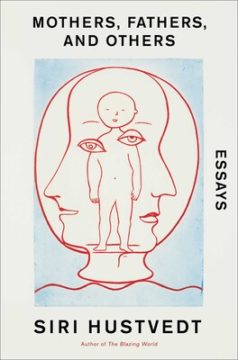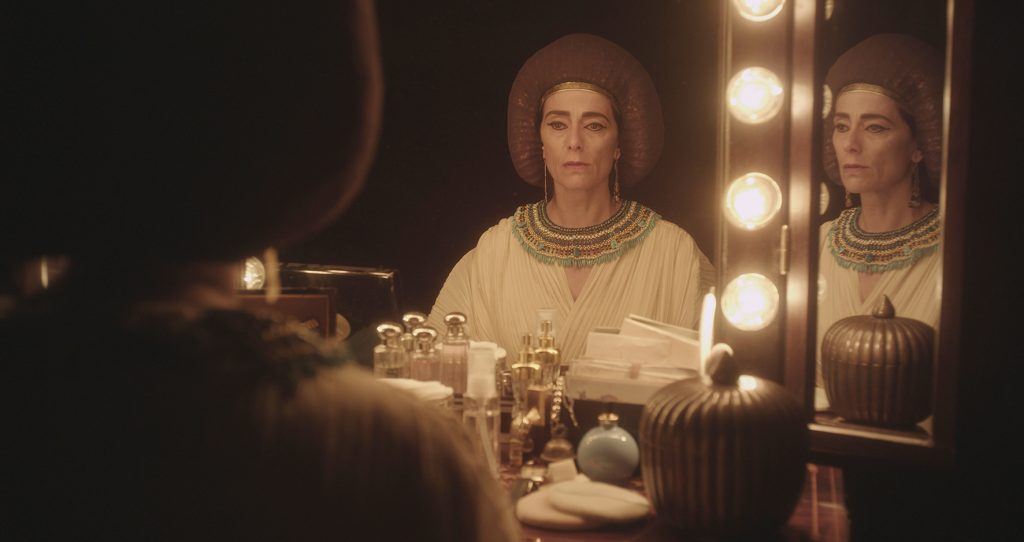by Danielle Spencer
 The theme of home—as a topic, question—is woven throughout Siri Hustvedt’s excellent new essay collection, Mothers, Fathers, and Others. In the first essay, “Tillie,” about her grandmother, Hustvedt also recalls her grandfather, Lars Hustvedt, who was born and lived in the United States, and first traveled to his own father’s home in Voss, Norway, when he was seventy years old. “Family lore has it that he knew ‘every stone’ on the family farm, Hustveit, by heart,” Hustvedt writes. “My grandfather’s father must have been homesick, and that homesickness and the stories that accompanied the feeling must have made his son homesick for a home that wasn’t home but rather an idea of home.”
The theme of home—as a topic, question—is woven throughout Siri Hustvedt’s excellent new essay collection, Mothers, Fathers, and Others. In the first essay, “Tillie,” about her grandmother, Hustvedt also recalls her grandfather, Lars Hustvedt, who was born and lived in the United States, and first traveled to his own father’s home in Voss, Norway, when he was seventy years old. “Family lore has it that he knew ‘every stone’ on the family farm, Hustveit, by heart,” Hustvedt writes. “My grandfather’s father must have been homesick, and that homesickness and the stories that accompanied the feeling must have made his son homesick for a home that wasn’t home but rather an idea of home.”
Homesick for a home that wasn’t home but rather an idea of home. Yet home is always an idea of home, even when it is indeed a home we have experienced. Lars’ memory evinces philosopher Derek Parfit’s discussion of “q-memory”—a memory of an experience which the subject didn’t experience. Rachael’s implanted “memories” in Blade Runner are q-memories (and perhaps Deckard’s are as well, at least in the Director’s Cut.) According to Parfit, the notion that I am the person who experienced my memory is an assumption I make simply because I presume that I don’t have q-memories. Thus
on our definition every memory is also a q-memory. Memories are, simply, q-memories of one’s own experiences. Since this is so, we could afford now to drop the concept of memory and use in its place the wider concept q-memory. If we did, we should describe the relation between an experience and what we now call a “memory” of this experience in a way which does not presuppose that they are had by the same person.
As André Aciman puts it, “things always seem, they never are.” In his essay “Arbitrage,” he describes his own experience of being, in Hustvedt’s words, homesick for a home that wasn’t home but rather an idea of home—or perhaps moreso in his case, homesick for missing home. Read more »

